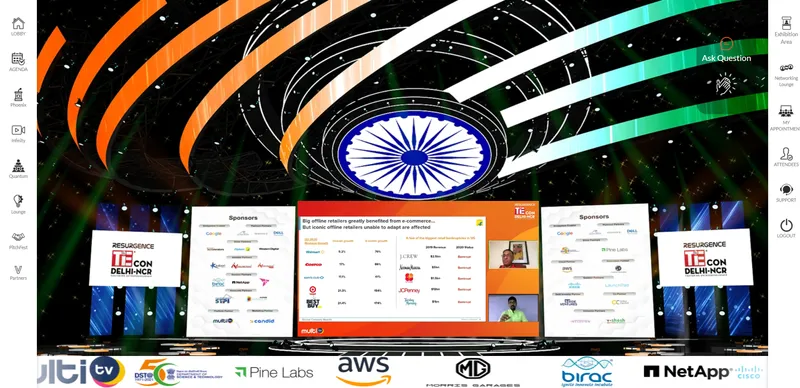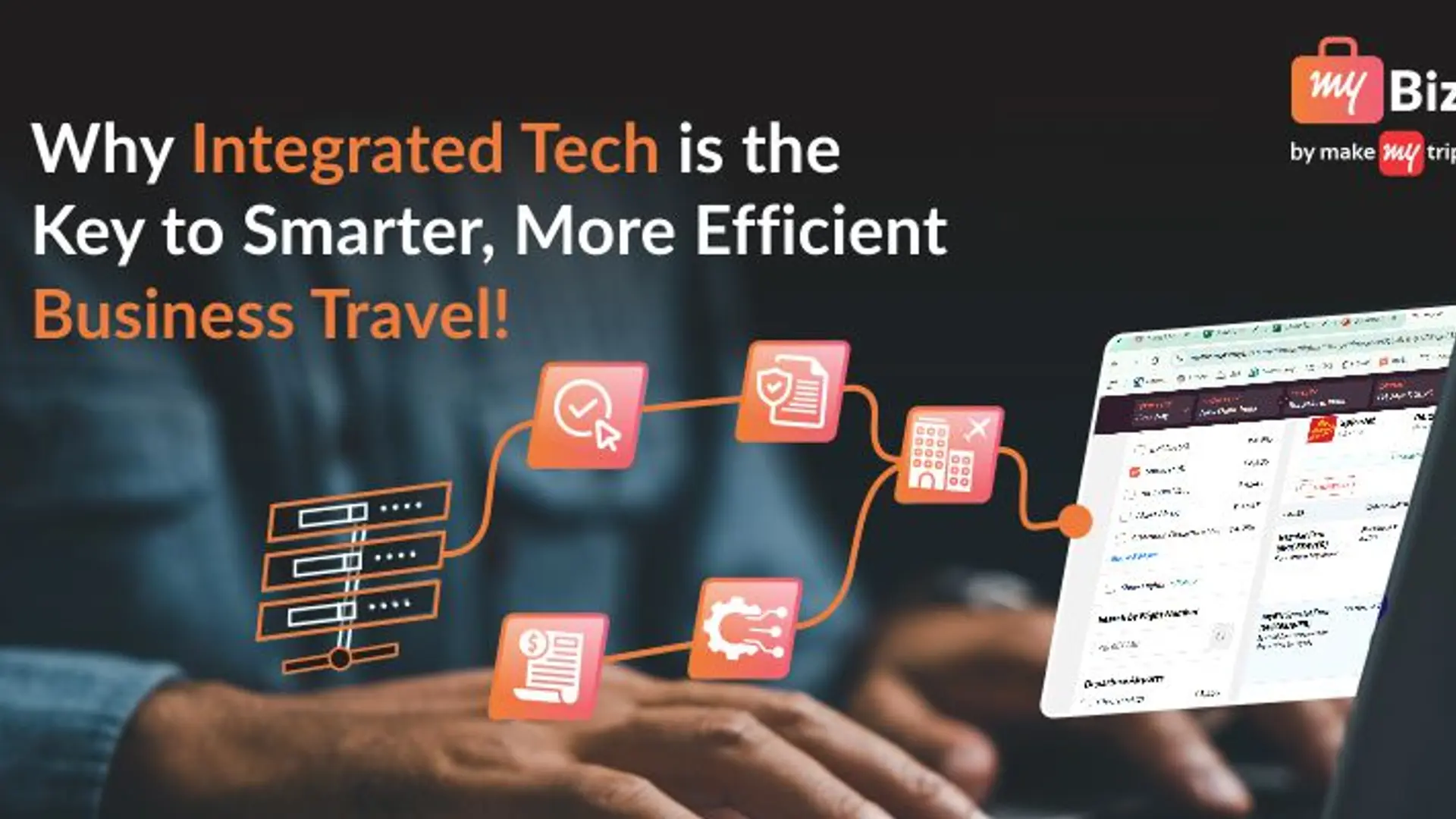COVID-19 has bought a positive permanent shift for Indian ecommerce, says Flipkart CEO
Delivering the fireside keynote address at the Resurgence TiEcon Delhi - NCR, Flipkart CEO Kalyan Krishnamurthy said the changes due to the COVID-19 pandemic will accelerate the growth of Indian ecommerce industry.
Flipkart Group CEO Kalyan Krishnamurthy strongly believes the COVID-19 pandemic has brought about a positive permanent shift for the Indian ecommerce industry.
Delivering the fireside keynote address at the Resurgence TiEcon Delhi - NCR at the inaugural of the four-day conclave for the startup ecosystem, the head of India’s leading ecommerce company said,
“We believe Indian ecommerce economy has seen a permanent shift for the positive.”
Delving on the various trends which were aiding the growth of the ecommerce industry in India, Kalyan felt the changes due to the pandemic have only accelerated the entire process.

The TiEcon Delhi-NCR summit
According to him, segments like remote working, OTT, gaming, edtech, and some fintech segments are witnessing changes in what he described as a permanent baseline shift.
“There has been a significant uptick for the Indian ecommerce industry, and most of the consumers are looking for value across income levels,” he said.
The changes India is mirroring is what is happening across the developed economies such as the US and the UK, where the shift to ecommerce has accelerated largely due to the COVID-19 pandemic.
“Globally, ecommerce companies have seen a huge acceleration versus the traditional retailers,” Kalyan said.
The Flipkart CEO felt that the Indian ecommerce industry will become bigger than modern retail in a couple of years. Before COVID-19, the growth rate of the Indian ecommerce industry was around 26-27 percent, but now it has risen to around 30 percent, he said.
Kalyan said the key element which will be driving the ecommerce and retail industry in India is the consumption story.
“India’s consumption economy will be the third largest (globally) by 2030, and we are looking at a scale of $5 trillion,” the Flipkart CEO said.
This growth in consumption will not be restricted to certain segments, and Kalyan expects that 75 percent of this will be led by the middle-income group.
The Indian ecommerce industry has seen a lot of changes over the last 14 years. In 2006, only three percent shopped online, and now, with the internet population touching 500 million, around 10 percent did online transactions in 2019.
“The Indian ecommerce journey has democratised shopping,” Kalyan said.
However, this does not mean that modern retail is likely to decelerate as the Flipkart CEO believes those offline retailers who have an ecommerce play will have an added advantage over others.
In India, Kalyan said, it will be technologies of voice and vernacular that will accelerate digital access.
“The innovation needed to reach the next 300-400 million users will be access and affordability,” the Flipkart CEO said.
These changes in the Indian ecommerce industry is also expected to benefit the Kirana stores and SMBs, according to Kalyan.
“We, at Flipkart, help small businesses and artisans embrace the power of technology,” he said.
Edited by Megha Reddy



![[Startup Bharat] Small towns like Kasaragod, Bahraich, Dhenkanal, and others are big on WhatsApp ecommerce](https://images.yourstory.com/cs/2/70651a302d6d11e9aa979329348d4c3e/Whatsapp-Pay-2-1582631132190-1608630082381.jpg?fm=png&auto=format&h=100&w=100&crop=entropy&fit=crop)




